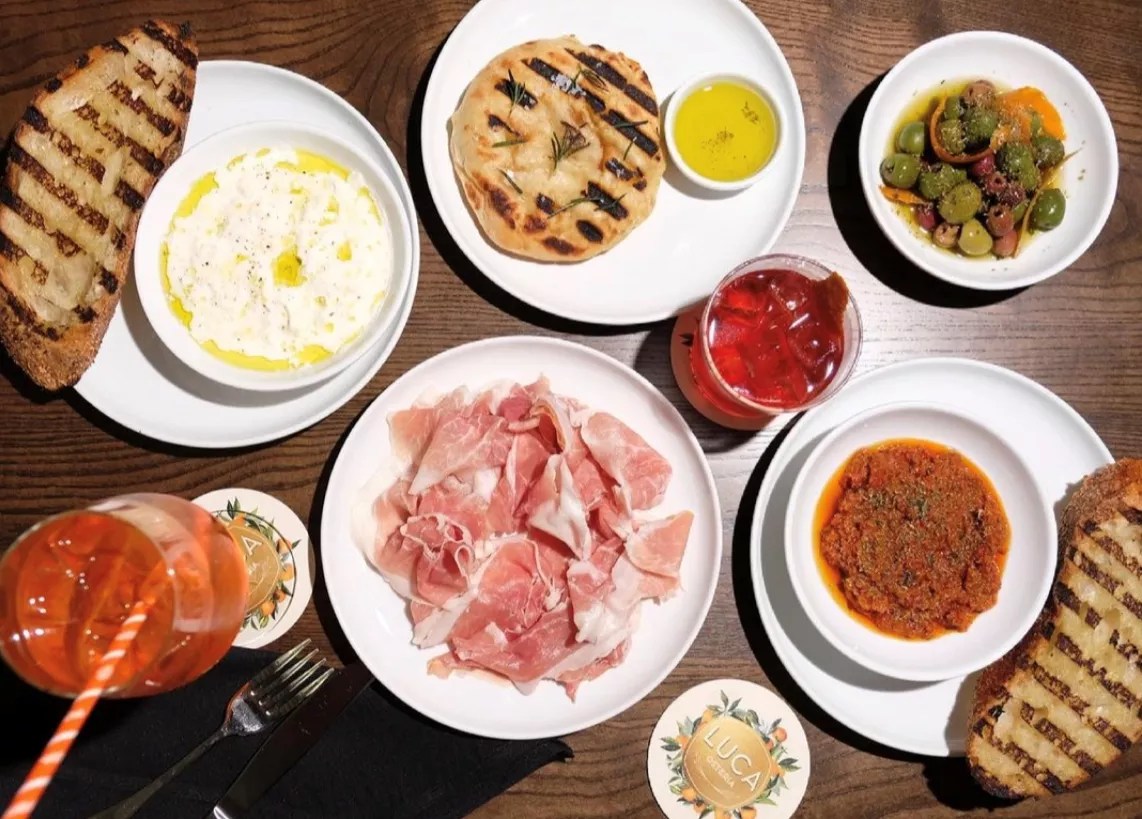
Jaya at the Setai photo

Audio By Carbonatix
Governor Ron DeSantis just signed legislation that could put a serious dent in the wallets of tech-savvy scalpers who’ve been snatching up restaurant reservations and flipping them for profit.
Starting July 1, selling restaurant reservations without the restaurant’s permission becomes illegal in Florida under the new Restaurant Reservation Anti-Piracy Act. Violators face fines of $1,000 per day, per reservation, per establishment, which can add up quickly for repeat offenders.
Florida is the second state in the nation, after New York, to outlaw the resale of restaurant reservations on third-party platforms like Appointment Trader.

Florida is the second state in the nation, after New York, to outlaw the resale of restaurant reservations on third-party platforms like Appointment Trader.
L’Atelier de Joel Robuchon photo
Bots vs. Dinner Plans
The problem has been growing across the country: automated bots grab reservations at popular restaurants and then resell them on social media or shady websites. Want a table at that new South Beach spot everyone’s talking about? That’ll be $200 on top of whatever you spend on dinner.
“Black-market reservation platforms are hijacking the dining experience in Florida,” says Carol Dover, president and CEO of the Florida Restaurant & Lodging Association, in a press release around the bill’s passing. “These unauthorized actors add no value – they simply inflate costs, damage reputations, and leave restaurants with empty tables, unpaid servers, and frustrated guests.”
The practice creates chaos for everyone. Legitimate diners get shut out of making direct reservations. Restaurants deal with no-shows when scalped reservations don’t sell but never get canceled, costing them money and servers their tips.
Restaurant reservation platforms celebrated the new law. Pablo Rivero, CEO of Resy and Tock, called it “a critical step in stopping the exploitative practices that hurt these small businesses and their customers.”
What About Reservation Resellers?
The new law raises questions about platforms like Appointment Trader, an online marketplace where people buy and sell restaurant reservations. Founded in 2021, the platform takes a 20-30 percent commission on sales.
How Florida’s new law will be enforced against reservation resale platforms remains to be seen. Still, the legislation targets explicitly unauthorized selling of reservations, which could seriously impact the business model of reservation flippers statewide.

The legislation targets explicitly unauthorized reservations sales, which could seriously impact the business model of reservation flippers statewide.
Luca Osteria photo
Double Dose of Restaurant Reforms
The reservation piracy ban takes effect on the same day as another restaurant law, which requires establishments to clearly disclose automatic tips and service fees upfront. That second measure targets what Rep. Demi Busatta called a “growing circumstance” in Miami, where restaurants automatically tack on 20 percent gratuities or service charges-sometimes on both dine-in and takeout orders-then still leave a line for additional tips.
The tipping disclosure law was prompted by Busatta’s personal experience at a Miami restaurant, where she received a bill with a service fee, a preset gratuity, and a line for an additional tip. “The restaurant used three different ways to describe this charge beyond food and beverage,” Busatta told the Sun Sentinel when she introduced the bill. “But who are these fees going to?”
Restaurants now must post fee notifications on menus, websites, mobile apps, or signs by the register where customers pay.